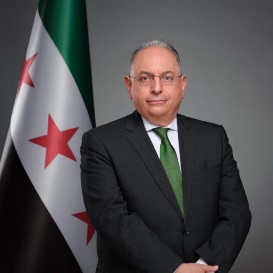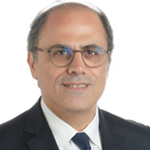Key Points:
- Restoring confidence with the public and investors. The Syrian government is addressing several challenges in the effort to rebuild trust between the government, the public and private investors: restoring fiscal credibility, transitioning from general to targeted subsidies, upholding fiscal discipline while meeting essential public needs and services, and fighting corruption amid low public sector salaries. Additional priorities include enhancing transparency, investing in capacity building and training, and developing the skills needed to advance reforms.
- Comprehensive reform agenda to modernize institutions, policies and frameworks. Syrian authorities are striving towards a prudent, small and efficient government. Legal frameworks are undergoing modernization—including investment, company, labor, and taxation laws—in order to support a private sector-led economy. The fiscal reform agenda is designed to simplify the tax system, enhance public financial management, and overhaul the large number of state-owned enterprises. At the same time, the government is pursuing settlements with creditors to lower the debt burden and has stated its intention to avoid monetary financing.
- Reconstruction. The government is taking steps to enable private investment to lead reconstruction, refraining from financing projects that the private sector can undertake. New structures, such as the Syrian Development Fund and a multi-donor trust fund with international partners, are being established to finance infrastructure and reconstruction projects. Investment-friendly policies include incentives for foreign direct investment, creation of a single-window investment authority, and special tax breaks for investments in underserved regions.
Quotes:
“1 million [Syrians] have returned so far since the beginning of the year back to their homeland. This is hope. 1.7 million within Syria, they went back to their home. That's hope. When you see the Syrian youngsters, with the skills and readiness to join the government and readiness to provide so many volunteering time, that gives me hope. When you see investors coming to Syria every single day, that gives me hope.” Mohammed Yisr Barnieh
“If you look at our reform agenda now, every single piece of reform is focused on how to create the ecosystem to support the private sector and how to create the ecosystem to support attracting foreign investment." Mohammed Yisr Barnieh
“The plan is to upgrade our [capital] market to an emerging market level within 8 years. Of course, we are going to issue new regulations, by next month or the month after, that will open up the capital market to foreign investors, that will allow more companies to be in the market, more instruments and new business rules” Mohammed Yisr Barnieh
Contributor: Drazen Rakic


